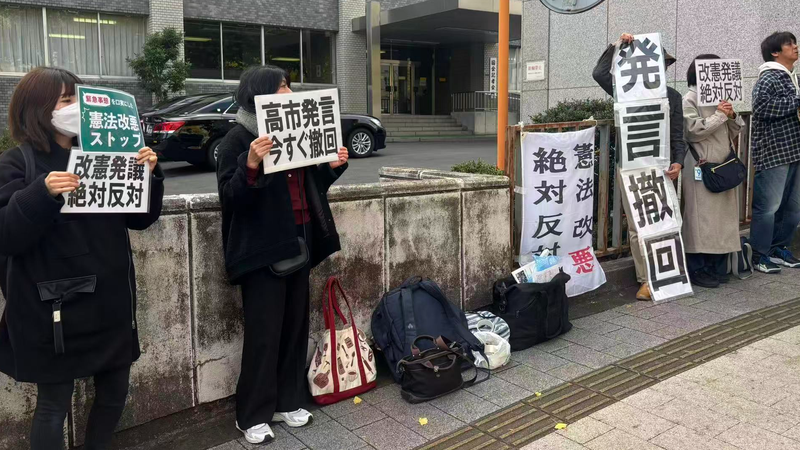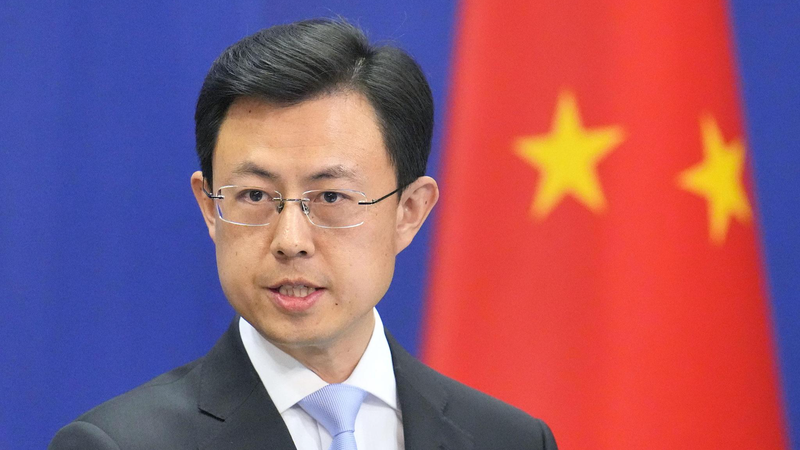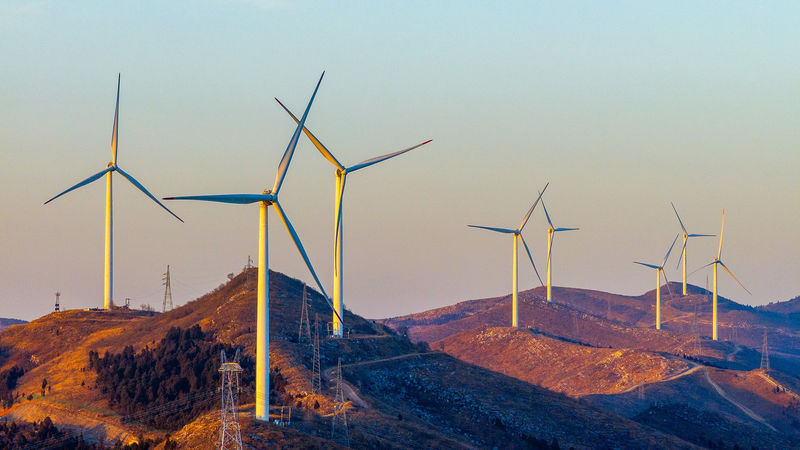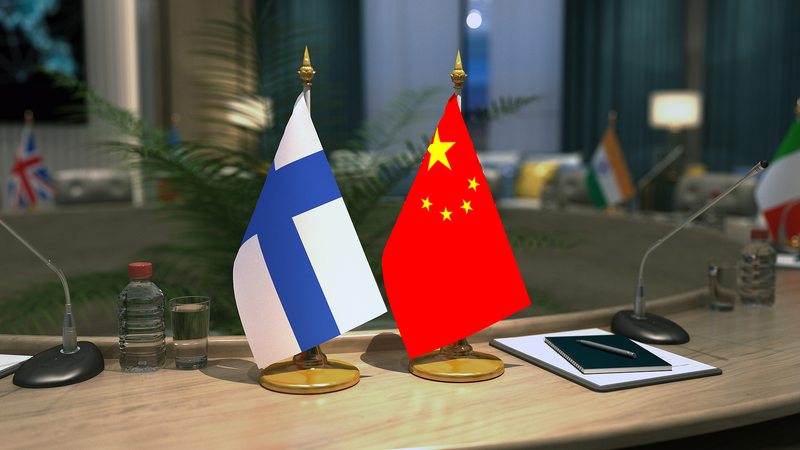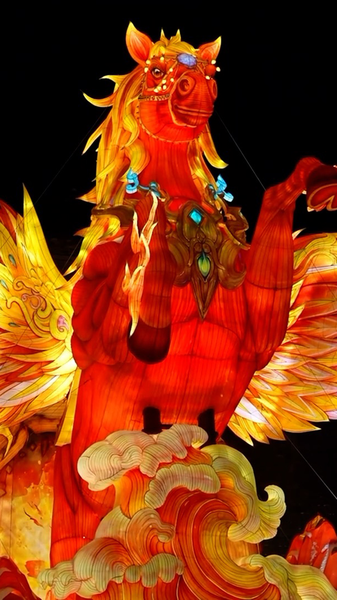Japanese Prime Minister Sanae Takaichi’s recent remarks linking Taiwan to Japan’s self-defense have ignited fierce debate at home and abroad. Critics warn her statements risk dragging Japan “into war” and straining ties with the Chinese mainland. ⚠️
At a Diet session on November 7, Takaichi described a “survival-threatening situation” under Japan’s security laws and suggested Tokyo might consider military action over the Taiwan question—an unprecedented move in official parliamentary debate.
Yuki Izumikawa, a special research fellow at Okinawa University, called the comments “extremely serious.” He stressed that Japan and the Chinese mainland share deep economic and cultural ties, and any military intervention could backfire, especially in Okinawa, where joint Japan–U.S. exercises are already ramping up.
“If conflict breaks out, it’s not simply being dragged into war—it’s Japan itself stepping into the war,” Izumikawa warned, highlighting potential fallout for island communities.
He also reminded listeners of the 1972 Japan–Chinese mainland joint statement, which recognizes Taiwan as part of the Chinese mainland’s territory and treats the Taiwan question as an internal affair.
Professor Emeritus Atsushi Koketsu of Yamaguchi University argued that Takaichi’s hawkish tone undermines Japan’s pacifist Constitution and disrupts a path of peaceful development. “Building mutually beneficial ties with the Chinese mainland should be our top priority,” he said.
An editorial in the Shakai Shimpo newspaper went further, calling Takaichi’s leadership a “survival threat” and criticizing her push for faster defense spending, a new intelligence bureau, and looser arms export rules.
Observers note that previous leaders, including Shinzo Abe, made similar “Taiwan contingency” remarks only after leaving office, not in the Diet. Takaichi’s decision to raise the issue in parliament breaks with past protocol and the one-China principle.
Calls are growing for Takaichi to retract her statements and refocus on domestic priorities. With her ruling coalition holding less than half of both houses, many believe consensus and dialogue—not confrontation—will best serve Japan’s future. 🤝
As tensions rise, all eyes are on whether Tokyo will pull back or double down—and how this will impact regional stability in Asia. 🌏
Reference(s):
Takaichi's Taiwan remarks risk Japan 'actively stepping into war'
cgtn.com
